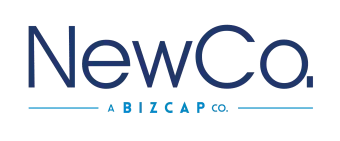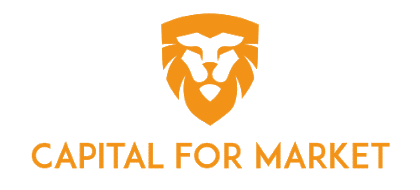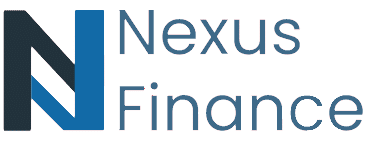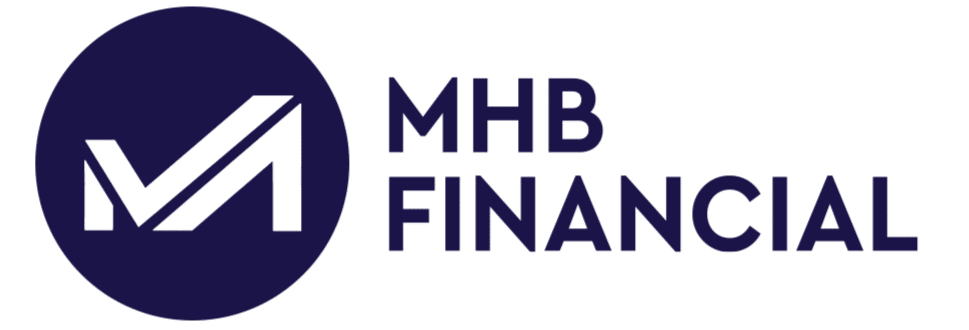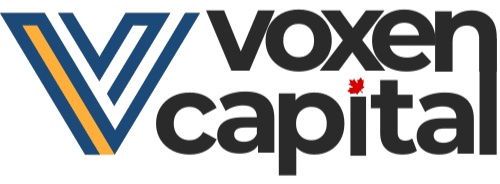Compare Lenders
Discover Popular Financial Services
Quick Links
- Where Can I Get a Business Loan in Calgary?
- What Are the Eligibility Requirements for a Business Loan in Calgary?
- How Much Do Calgary Business Loans Cost?
- What Credit Score Do I Need for a Business Loan in Calgary?
- What Documents Do I Need for a Business Loan Application?
- Alternative Lending in Calgary
- FAQ About Business Loans Calgary
Where Can I Get a Business Loan in Calgary?
Explore more
Similar products
- bad credit business loans
- coffee shop business loans
- expansion business loans
- auto shop business loans
- food grocery store business loans
- home business loans
- invoice factoring
- medical dental practice business loans
- mid market financing
- point of sale financing
- restaurant business loans
- salon spa business loans
- business credit lines
- business loan application keep
- clothing store business loans
- business loans usa
- emergency business loans
- gym fitness club business loans
- inventory business loans
- marketing business loans
- merchant cash advance business loans
- ecommerce business loans
- renovation business loans
- retail store business loans
- working capital loans
I’m very honoured to shear my experience with this illustrious platform. To be able to systematically choose from a list optional to one’s profile without doing much leg work is truly rewarding. This platform allowed to expand my options and chose which lenders fit my profile, thank you and continue doing what you do best,, connecting people to available wealth opportunities.
When you feel in need of a loan do it smart and make it a Smarter Loans.
Very Helpful, was assisted in a timely fashion and was ultimately able to receive assistance; I highly recommend!!!
I have recommended this place to many friends I feel that this company goes out of their way to help people that they can and they are very easy to work with
This company is reliable, quick, and just has the best customer service and rates it is a easy process with quick results. Would definitely recommend to anyone that needs the help.
Personally love this opportunity and app. Super convenient and easy to use and super awesome variety of great loans. Thanks so much guys for making such an awesome site and app and being there for me over the years. :)
From beginning to end, my experience was great! Very professional and personable agents. They only asked questions that were needed for the loan and payments were extremely reasonable. Would recommend to anyone who needs emergency funds.
“ Thank you SO very much! My situation was tricky and you guys made the whole process so effortless. The way you guys handle the whole process so discreetly. That truly speaks to how well your office is run and the caliber of specialists who handled the processing of my entire loan!”
Why Choose Smarter Loans?

Access to Over 50 Lenders in One Place

Transparency in Rates & Terms

100% Free to Use

Apply Once & Get Multiple Offers

Save Time & Money

Expert Tips and Advice











